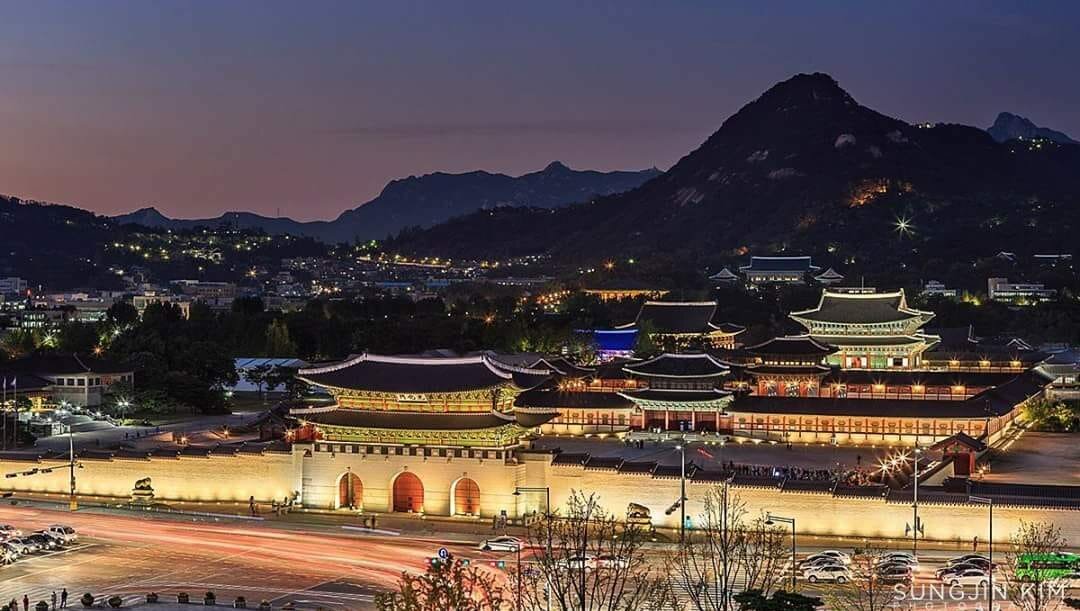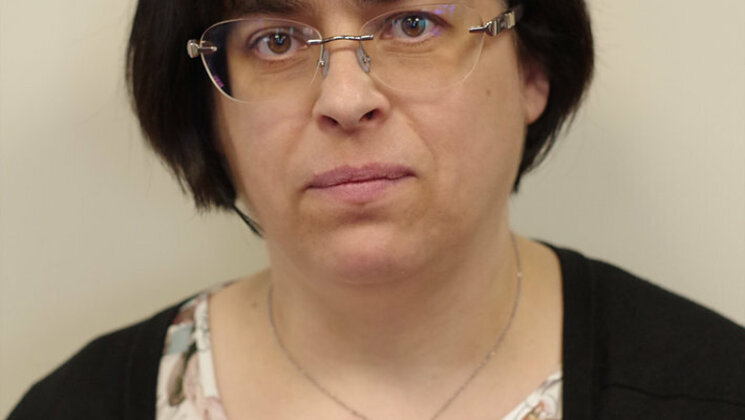University of Tartu Korean Culture Club and Vaba akadeemia will be offering a lecture series on Korean culture this fall
 University of Tartu Korean Culture Club and Vaba akadeemia will be offering a lecture series on Korean culture this fall.
University of Tartu Korean Culture Club and Vaba akadeemia will be offering a lecture series on Korean culture this fall.
The lectures take place 12 times, from September 26 to December 12, every Wednesday from 7 to 8 pm.
Languages of instruction: Estonian (From 1st to 4th, 10th Classes) and English (From 5th to 9th, 11th, 12th Classes)
These classes are open to anyone and can be enrolled through Vaba akadeemia homepage http://vabaakadeemia.ee/
Specific tuition fees, documents and benefits for the applicants will be announced through the Vaba akadeemia homepage.
The lecture series on Facebook.
Lecturers
1st Lecturer (From 1st to 4th, 10th Classes)
Roland Schimanski is a Sociologist, specialised in social stratification in East Asia and sociological theory. He is currently involved in a University of Tartu and Estonian Defence Academy joint project working in military sociology. Among other things his field of interests include East Asian history, languages and society.
Regarding Korean Studies, he recently presented on learning Korean as an Estonian language native speaker at 4th Baltic Seminar on Korean Studies, and he was invited as a speaker at 2018 International Biennale of Korean Studies in Korea to present on Korean language acquisition for native Estonian speakers.
2nd Lecturer (organizer) (5th Class)
Jung-Ran PARK received her Ph.D. at Ewha Womans University in Seoul, Korea in 2006. Her doctoral degree in North Korean studies was the first in South Korea, and from 2006 she worked as a senior researcher at Seoul National University. She has led several government budget research projects as responsible and has published books and articles on inter-Korean relations, South Korea’s pop culture, North Korean defectors and so on. Her co-authoring book on Kpop culture in North Korea was selected as one of the most outstanding cultural books of South Korea's Ministry of Culture and Tourism. She has also been the director and playwright for theatrical plays on the Korean Wave with the financial support of the Ministry of Unification of the Republic of Korea. She then worked as a visiting professor at L.N. Gumilyov Eurasian National University in Astana for two years. Since spring 2016, she has been teaching Korean Studies and language at University of Tartu as a KF visiting professor based on the financial support of the Korea Foundation.
3rd Lecturer (From 6th to 9th, 11th, 12th Classes)
Jason Mario Dydynski is a doctoral student in semiotics and cultural studies at the University of Tartu in Estonia. His research interests include concepts of cuteness, cultural perception, and anthropomorphism and their application for marketing, animal conservation, robotics, and product design. His current work focuses on comparing aesthetic preferences and cultural differences between South Korea, The United States, and Estonia.
Lecture plan
26. September 19:00 Roland Schimanski - Origin of Korean people and language
Who are Koreans? What language do they speak? Where did they come from? Do they speak a language isolate? These questions are waiting for answers. The lecture will take up different theories about the origin of Korean people and language.
3. October 19:00 Roland Schimanski - Social stratification in South Korea: historical and contemporary perspective
The lecture will introduce general concepts of social stratification, such as social class, types of mobility, forms of capital &c. Then, stratification in premodern and contemporary Korea will be discussed
10. October 19:00 Roland Schimanski - Academic achievement, Intelligene and success in South Korea
The lecture will focus on intelligence as a possible route to success in Korea, and the perception of success in contemporary Korean society. Additionally, the big role that academic achievement plays in South Korean society will be talked about.
17. October 19:00 Roland Schimanski - Military in South Korea
Can South Korea be called a militaristic society? South Korea is a country mainly known to the Western world through cute K-pop culture, yet military expenditure is growing by the year. This lecture will open up a more serious side of Korean society. Topics discussed will be the division of Korean peninsula, historical motivations between the divide and the role and impact of military in Korean society and culture.
24. October 19:00 Jung-Ran Park - South Korea’s Popculture in North Korea : Korean Wave, a wind blowing for reunification
Has South Korea's pop culture such as TV dramas, movies, and music been flowing into North Korea that has long been known as a closed system? If yes, then which (sub)themes of South Korean popular culture have North Koreans come to contact with? And through what kind of channels? This lecture answers these questions and discusses the implications of South Korean pop culture on the road to reunification of the Korean peninsula.
31. October 19:00 Jason Mario Dydynski - The Pottery Wars: historic development of Sino-Korean pottery
This lecture will examine the development of Korean pottery during the Goreyo and Jonseon periods and the effects of Japanese invasion, Mongol rule, and Chinese relations in the development of Korean pottery.
7. November 19:00 Jason Mario Dydynski - Behind Closed Doors: The role of the family, sexuality, and interpersonal relations in modern and historic Korea.
This lecture will review topics such as household gender roles, raising children, leaving the home, family structures, sexuality, LGBT, growing up, and financial independence in modern Korea comparing it to its historical past.
14. November 19:00 Jason Mario Dydynski - A Semiotic Analysis of Korean Aesthetics
This lecture will look at modern aesthetics in design and fashion in Korean by analyzing traditional and western influences in Korean design practice.
21. November 19:00 Jason Mario Dydynski - Girls Generation: Feminism in South Korea
This lecture will examine the development of Korean feminism in comparison to contemporary Western and Non-western forms of feminism in the context of daily life and in pop culture.
28. november 19:00 Roland Schimanski - South Korea's working class: the unheard voices
What is the working class? A social group that is big yet often not receiving the attention it deserves. In this lecture, the life chances, habitus, and values of the South Korean working class will be focused on.
5. detsember 19:00 Jason Mario Dydynski - Everything Cute: a semiotic analysis of cuteness in Korean society and marketing
This lecture will cover the concept and aesthetic of cuteness as it represents itself in Korean society and marketing. It will cover subjects such as Korean beauty, acting cute or aegyo, fashion, design, and perceptions of these topics both in and outside Korean
12. detsember 19:00 Jason Mario Dydynski - The Unreported: a semiotic analysis of victimization in the reporting of sexual assault in South Korea, US, and Estonia
This lecture will explore trends in the reporting of sexual assault, the me-too movement, and power relations through a semiotic perspective by comparing South Korea, The United States, and Estonia.






